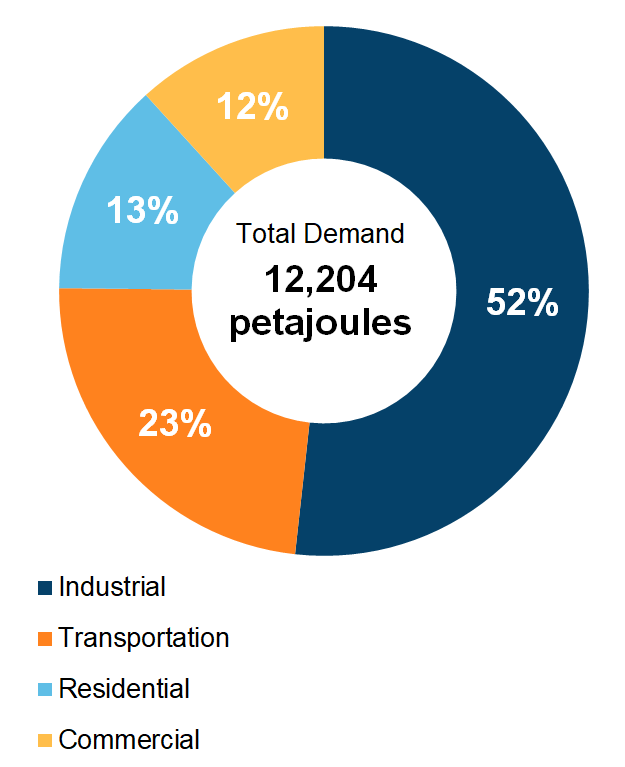innsertnamehere
Superstar
China isn't western, being well documented as a communist single-party state which regularly limits personal freedoms, and zoning regulations (i.e. BC) which place maximum dwelling sizes on small areas of the province aren't consumption limits.Denmark's electricity consumption is 26% by Industry
Denmark Energy Information
www.enerdata.net
Ontario's electricity consumption is 16% by Industry
CER – Provincial and Territorial Energy Profiles – Ontario
Provincial and Territorial Energy Profiles – Ontariowww.cer-rec.gc.ca
That depends on population growth, lifestyle and transportation choices. Its not a given.
Incorrect again........ Far too many assumptions, not enough research.
British Columbia limits home size in its Agricultural zone (answer to the Greenbelt) - 500m2 / 5,381ft2
Frequently Asked Questions - Provincial Agricultural Land Commission
General Expand allCollapse all What is the purpose of Bill 52 – 2018 changes to the Agricultural Land Commission Act? These legislative changes are an important step in meeting the Minister of Agriculture’s mandate direction from the Premier to revitalize the Agricultural Land Reserve and the...www.alc.gov.bc.ca
While I can't find a good western example on cars at first blush, China has such policies in 4 major cities:
The Impact of Purchase Restriction Policy on Car Ownership in China’s Four Major Cities
With the improvement of living standards, the demand for residents’ travel has grown rapidly. At present, China has surpassed the U.S. to become the world’s largest vehicle sales country. By the end of 2018, there had been over 200 million private passenger cars in China. Meanwhile, the increase...www.hindawi.com
Those projections assume levels of population growth we do not need to choose, and make several other questionable assumptions.
interesting to learn about Denmark's electric demand. I do note that the Canada link you provide identifies that Ontario's industrial energy demand is 35% of total energy demands however.
Ontario also ranks relatively low compared to the rest of Canada on per-capita energy consumption.
My understanding is that much of Canada's very high energy consumption rates come from the Oil Sands in Alberta.
Canada's per capita total energy consumption is about 327 gigajoules per capita per that link - compared to Ontario's 216 gigajoules per capita and Alberta's 951 gigajoules per capita (!!!)
according to your data, this puts Ontario's per-capita energy consumption similar to that of Belgium or Sweden.
If you want to reduce Canada's per-capita energy consumption, look to Fort McMurray, not that mansion down the street or that person who owns 3 cars.







